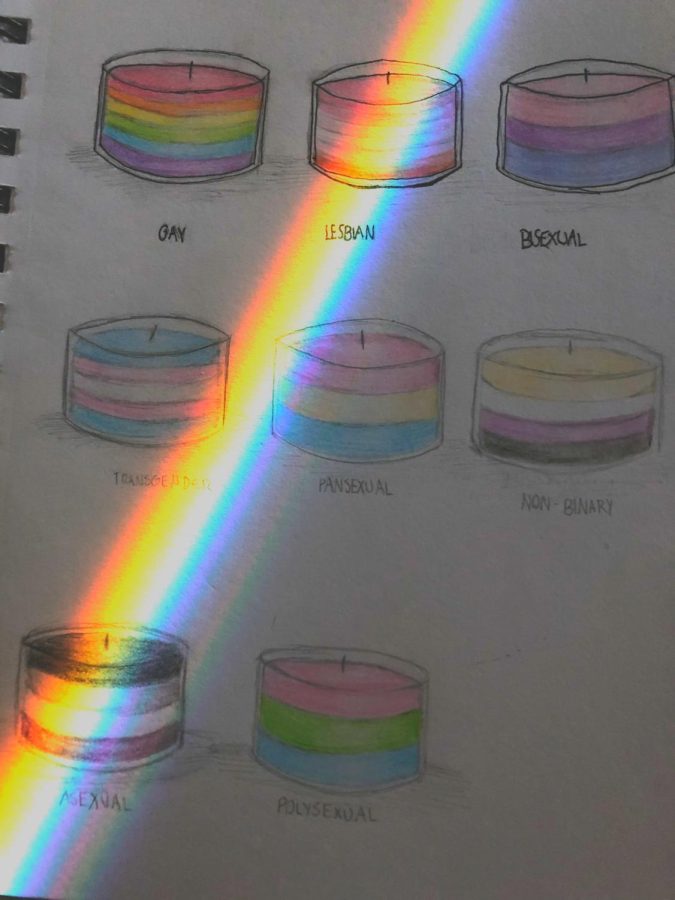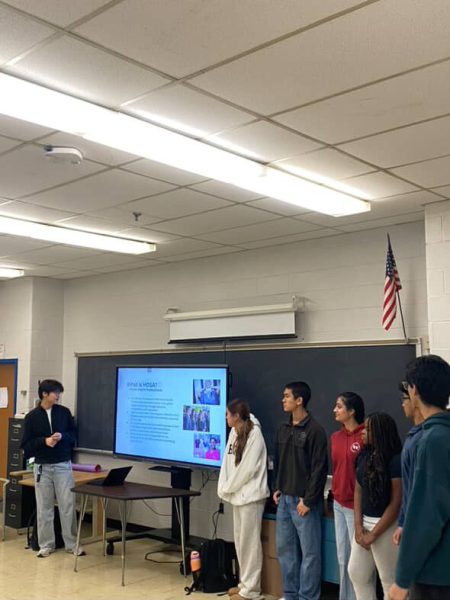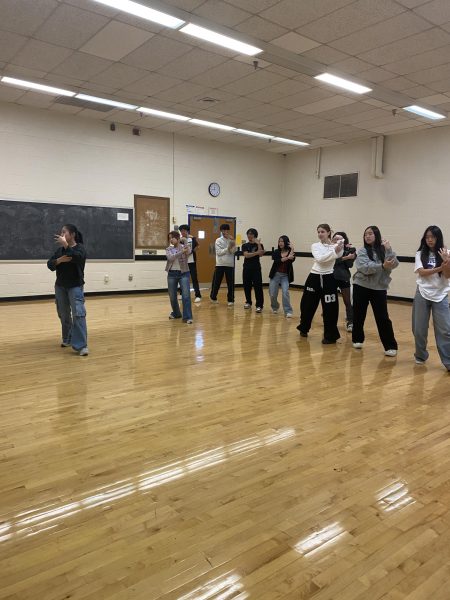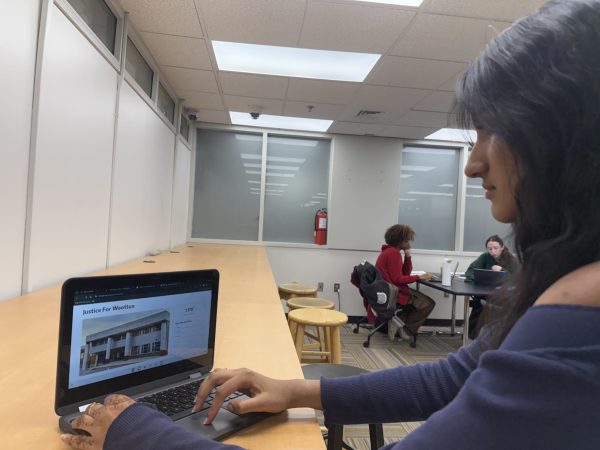New Florida law bans LGBTQ+ topics from classroom discussion
An art project by junior Jules Lindauer depicts pride flags as candles, raising awareness of gender identities and sexualities.
Sexual oreintation and gender identity are no longer permitted to be taught from kindergarten through third grade in Florida public schools, after Governor Ron DeSantis signed the Parental Rights in Education bill on Mar. 28. Known by its opponents as the “Don’t Say Gay” bill, the legistlation includes two main points of contention: banning sexual oreintation and gender identity education in public school classes until after third grade – with a possibility for an extension through grade 12 – and placing parental notification requirements on educators.
The bill was passed with the intention to allow parents to determine when and how to introduce topics relating to the LGBTQ+ community to their children. This supports the coservative ideology that LGBTQ+ topics are inappropriate for young children. Opponents disagree. “That’s not what’s being taught in kindergarten or third grade,” science teacher Brett Bentley said. “Students are learning that it’s OK to be who you are. They’re not talking about sex, they’re talking about family structures, and that family structures come in all different shapes and sizes and they’re all good.”
According to NPR, at a press conference before he signed the law, DeSantis said teaching young kids that “they can be whatever they want to be” is “inappropriate.” His ideas add onto the precedent already set in Florida by the law banning sex education before fifth grade. “We don’t hide heteroseuality,” junior Lunah Schleret said in response to DeSantis’ remarks. “People talk about their parents, their mom and dad, they talk about boyfriend and girlfriend, and it’s talked about in romance novels. I feel like that openness should be extended to homosexuality in the same way.”
Students worry that the bill will negatively affect the mental health of LGBTQ+ children. According to the Trevor Project, LGBTQ+ children face higher health and suicide risks than their cisgender and straight peers. “If students don’t have a support system at home and they lose the possibility of the school as a support system, their feelings of not fitting in and not being accepted will escalate,” senior Leo Hertzler said.
When introduced to spaces that affirm their gender identity and sexuality, kids report lower rates of suicide attempts. Yet, the parental notification requirements of the bill make it so that schools are no longer safe spaces for children with unsupportive families. “I would never want to be a part of that,” Bentley said. “My goal with all of my students is to help them be the best version of themselves they can be. So I would not want to out a kid who is not ready to be outed. There is no way they would be comfortable learning from me after that. And it would be unethical to do that, in my opinion.”
Students believe that instead of restricting access to education about sexual oreintation and gender identity from a young age, schools should be encouraging it in order to help kids gain a fuller understanding of the world around them. “My uncle was gay, and he died of an AIDS related pulminary infection, so my mom was always very open about that topic,” Schleret said. “I think it was good, that I learned about these topics so young, because that was my impression growing up, to be open and accepting of everyone.”
Although the bill is only effective in Florida, if a similar bill was passed in Maryland, the effects would ripple throughout the community. “If something along the lines of the ‘Don’t Say Gay Bill’ were passed in Maryland I would definitely be reaching out to different legislators,” sophomore Jax Kobey said. “I would certainly feel bad about it, but it would only make me speak out more.”
At the end of the 2020-21 school year, Kobey pushed for the installation of gender neutral bathrooms in school. In rapid response, Principal Kimberly Boldon authorized the installation of two gender neutral bathrooms at the start of this school year: one on the first floor in the art hallway, and one on the second floor near the English classrooms. “If a similar bill to the ‘Don’t Say Gay’ bill was passed, it would take away everything Jax fought for,” Schleret said.
Your donation will support the student journalists of Thomas S. Wootton High School. Your contribution will allow us to purchase equipment and cover our annual website hosting costs.
Catie is a 2023 graduate.







